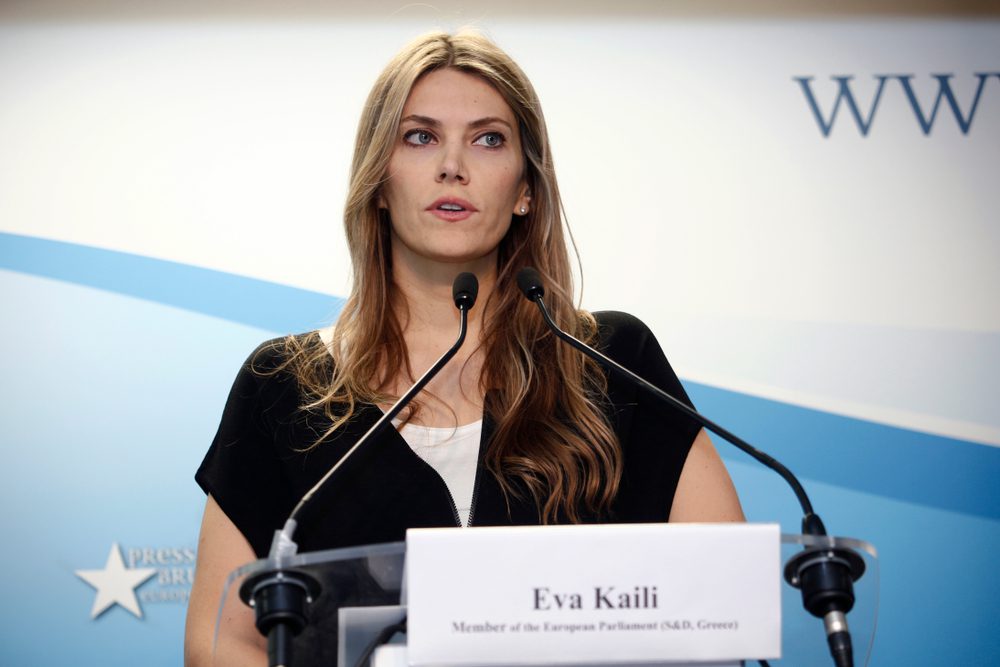
Measures taken by the European Parliament following its corruption scandal are having a “negative impact” on EU-Qatar relations, a Qatari diplomat warned on Sunday, December 18th.
Reuters reports that the diplomat, who is currently with Qatar’s mission to the European Union, said that “preconceived prejudices” led to the parliament vote on Thursday, December 15th, which suspended all legislative work involving Qatar and barred all its representatives from its premises.
According to a Qatari diplomat, those measures, which he calls “discriminatory,” will have a “negative impact” on regional and global security cooperation, as well as global energy security.
As it did when news about the scandal broke, Qatar “strongly denies” allegations about it trying to influence EU parliamentarians through bribery, and “regrets the selective condemnations based on false information uncovered through leaks.”
Qatar’s statement claims the country has been “exclusively criticized and attacked” in the investigation preceding the measures and is deeply disappointed that the Belgian government (whose judiciary and state security conceived and conducted the investigation) “made no effort to engage with our government to establish the facts.”
That disappointment was even more keenly felt, it added, considering that the two countries had worked together during the COVID-19 pandemic and that Qatar is a major supplier of liquefied natural gas (LNG) to Belgium. The latter fact, Qatar sees fit to use as a leveraging tool.
15% of all natural gas used in Belgium comes from Qatar, writes De Tijd. Last Fall, the emirate concluded a €1 billion contract with Belgian natural gas transport company Fluxys. Qatar agreed to supply liquid natural gas to the country for another 20 years via Belgium’s LNG terminal in Zeebrugge.
For over a week, the European Parliament has been embroiled in a corruption scandal the extent of which is seemingly ever-increasing. Several MEPs from the Progressive Alliance of Socialists and Democrats (S&D) group are suspected of having been bribed by Qatar.
During initial house searches, Greek EU Parliament Vice President Eva Kaili (since discharged) and her father were caught with hundreds of thousands of euros in cash. A total of €1.5 million has been seized in connection to the case. Morocco has also been implicated in a bribery scheme.
Kaili’s partner, Francesco Giorgi, has confessed that he participated in bribery by Qatar and Morocco, two sources told Reuters on Thursday. Giorgi, an EU parliamentary assistant, had been intent on clearing his partner’s name, according to Belgian media. Kaili, who has been detained since Friday as the main suspect in the corruption scandal, has remained firm in declaring her innocence.
On Thursday, December 15th, fresh accusations were levied at Kaili. In addition to being suspected of having taken bribes from a foreign state, she allegedly committed fraud through the illicit use of her staff’s wages. To be able to prosecute her—together with Greek MEP Maria Spyraki, who is accused of the same crime—the European chief prosecutor has requested the parliamentary immunity of both to be lifted.
